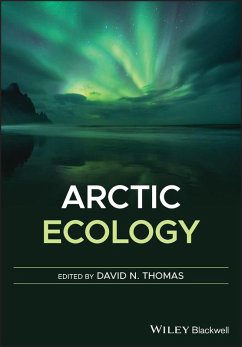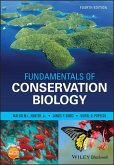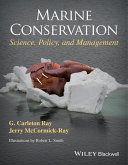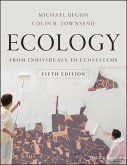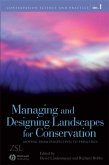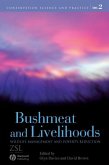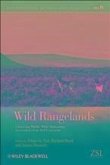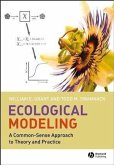The Arctic is often portrayed as being isolated, but the reality is that the connectivity with the rest of the planet is huge, be it through weather patterns, global ocean circulation, and large-scale migration patterns to name but a few. There is a huge amount of public interest in the 'changing Arctic', especially in terms of the rapid changes taking place in ecosystems and exploitation of resources. There can be no doubt that the Arctic is at the forefront of the international environmental science agenda, both from a scientific aspect, and also from a policy/environmental management perspective. This book aims to stimulate a wide audience to think about the Arctic by highlighting the remarkable breadth of what it means to study its ecology. Arctic Ecology seeks to systematically introduce the diverse array of ecologies within the Arctic region. As the Arctic rapidly changes, understanding the fundamental ecology underpinning the Arctic is paramount to understanding the consequences of what such change will inevitably bring about. Arctic Ecology is designed to provide graduate students of environmental science, ecology and climate change with a source where Arctic ecology is addressed specifically, with issues due to climate change clearly discussed. It will also be of use to policy-makers, researchers and international agencies who are focusing on ecological issues and effects of global climate change in the Arctic. About the Editor David N. Thomas is Professor of Arctic Ecosystem Research in the Faculty of Biological and Environmental Sciences, University of Helsinki. Previously he spent 24 years in the School of Ocean Sciences, Bangor University, Wales. He studies marine systems, with a particular emphasis on sea ice and land-coast interactions in the Arctic and Southern Oceans as well as the Baltic Sea. He also edited a related book: Sea Ice, 3rd Edition (2017), which is also published by Wiley-Blackwell.
Dieser Download kann aus rechtlichen Gründen nur mit Rechnungsadresse in A, B, BG, CY, CZ, D, DK, EW, E, FIN, F, GR, HR, H, IRL, I, LT, L, LR, M, NL, PL, P, R, S, SLO, SK ausgeliefert werden.

